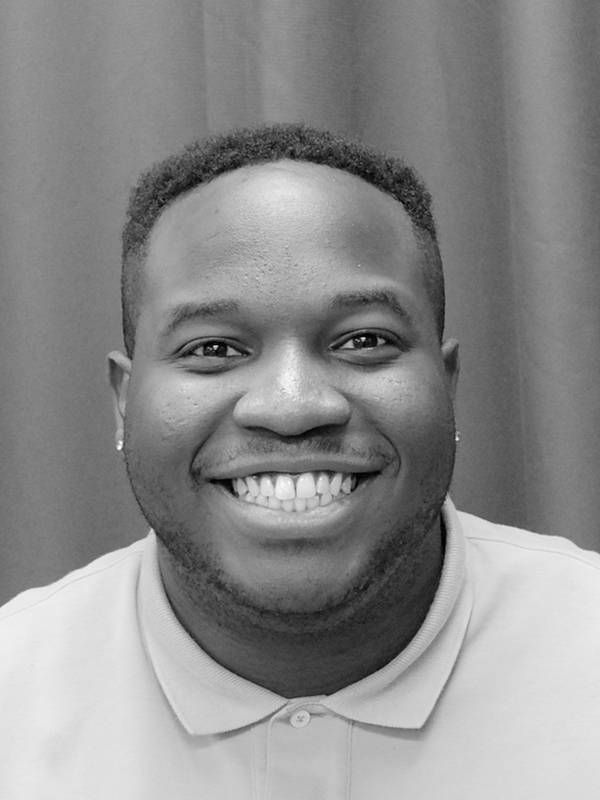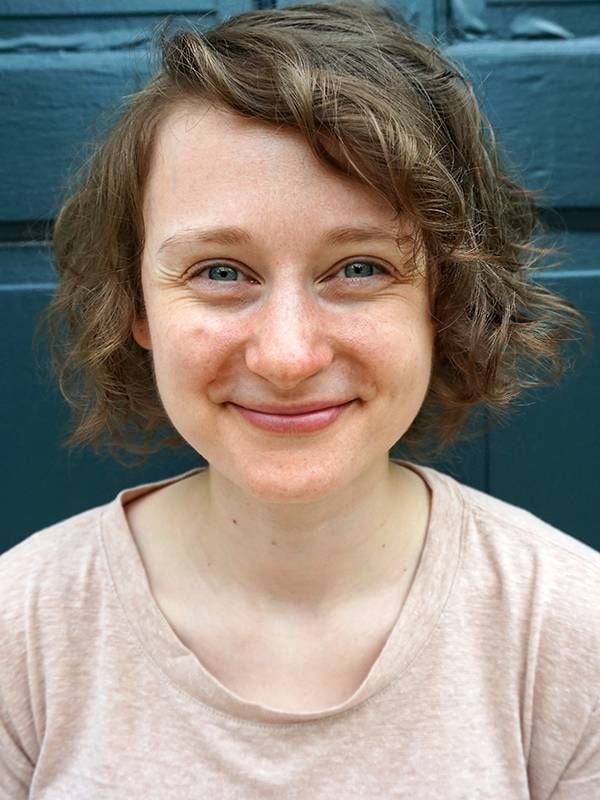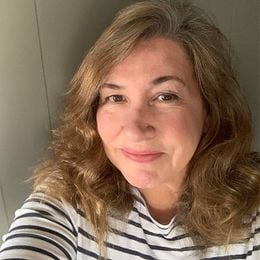Isolated Adults and Young Artists Boosted by Pandemic Phone Calls
Tele-Stories has offered the comfort of connection during isolation
The premise was as simple as a friendly voice on the other end of the phone line. A chance for older adults (under-connected with others during the pandemic) and young artists (many experiencing a change to their working lives) to just connect and converse for 30 minutes once a week. About anything – family, current events, memories, the city of Milwaukee where they all live. No Zoom, just simple conversations throughout the course of a 12-week project.

This was the goal of Tele-Stories, a program launched in July 2020 by TimeSlips, the Milwaukee-based worldwide movement rooted in creative engagement, established in 2013 by CEO Anne Basting, a Next Avenue Influencer in Aging.
Trained TimeSlips facilitators, currently numbering more than 900 worldwide, impactfully work with adults in care communities; family members can also learn how to engage more fully and creatively with older loved ones, including those challenged by memory loss.
The original incarnation of Tele-Stories, in 2017, launched on a much smaller scale as an outreach to older adults affected by social isolation.
"We wanted the elders to be excited about the phone calls and, above all, feel comfortable."
Back then, the focus group was limited. "We were working with ten elders, and I was the only one making the phone calls," says Sam Goodrich, project nanager and TimeSlips master trainer. While a successful endeavor, the organization moved on to pursue other initiatives.
Providentially, the topic of reviving Tele-Stories was raised at a staff retreat last February, Goodrich says. And when the pandemic struck in March, it became clear the time was once again right for a new version of the phone-calling program in hopes of fostering conversations and connection in the challenging pandemic atmosphere.
In July 2020, after receiving funding from the MKE Responds Fund, Goodrich says TimeSlips connected with Eras Senior Network, a local nonprofit community support group, to find older adults, living alone and willing to participate in a weekly 30-minute phone call with a facilitator, over a 12-week period.
This time, TimeSlips decided to hire young underemployed artists in the Milwaukee area, representing a variety of media and interests. For these artists, the opportunity provided income at a time when many were losing work due to the pandemic.
From there, the artists — who all became certified as TimeSlips facilitators — called each of the 8-10 elders in their group individually at different times during the week to begin building friendships. The program launched in August.
Starting the Conversations
Connections are rarely instantaneous, which is why Goodrich says the artists proceeded carefully to establish trust with the older adults during those initial phone calling experiences.
"The artists each wrote a letter about themselves where they talked about their art, about Milwaukee, whatever else they wanted to share," says Goodrich. "We wanted the elders to be excited about the phone calls and, above all, feel comfortable."
Musician Robert Knapp, 27, was one of the artists selected. A singer, songwriter and radio host, Knapp had also been working in the service industry when the pandemic struck and welcomed the Tele-Stories opportunity.
"At first, I had to figure out my point of entry and find what our common denominators were. Some of the TimeSlips "Beautiful Questions" helped get people on the train tracks so that the train could keep going!" he says, adding that a prompt about the sights and sounds of childhood was a good conversation starter.
Creating a 'Legacy Gift'
In addition to conversations, the artists engaged with the elders to produce a "Legacy Gift," a shareable, collaborative, creative venture which would be representative of their experience of connection, in a project spearheaded by the artist.

Legacy Gifts created by the various artists included an animated short, a wooden plaque with a poem created specifically for the elder receiving it and a video of a dancer, accompanied by a favorite song of one of his elders.
And in a sweet YouTube mash-up, Knapp soulfully sings "Stand by Me," as the strong voices of several elders respond to the question: "If love was an object, what would that object be?" In the clips of phone conversations Knapp had with them, they give a variety of answers including the comfort of "a cozy home," and "a rainbow that stays that way for a long time." Knapp created a personalized CD for each participant, which also featured his favorite conversation with each of them.
Brenna Kempf, 30, is a performance and theater educator, in addition to a yoga instructor. As she searched for her own entry point into conversations with each of the eight elders in her group, she found herself gravitating toward the topic of food.
"My conversations with Dorothea are very meaningful and grounding to me."
"There is joy and comfort in food, whether from the past or the present," she says, adding that hearing the stories shared by her elders about their food memories inspired the Legacy Gift she created: a recipe book.
The creative twist to "Recipes for Living" is that not only are there actual recipes featured (such as Mrs. McHenry's Baking Powder Biscuits, a Tasty, Tangy Salad from Melody Williams and Al's Brandy Old-Fashioned) but there are also life "recipes" in the form of advice and personal experiences of the elders about humor, marriage, peace and family.
Since everything in the Tele-Stories project was shared over the phone, some of Kempf's elders read straight from recipe cards; others just talked through their recipes in conversation.

"One of my elders, Dorothea, said she never makes the pork and cabbage dish she shared because she lives alone. But it was such an important meal for her in the past," says Kempf. "It was the emotional quality of that dish and that memory which means so much to her."
Kempf made and photographed all the recipes in the book. When the project was finished, she dropped off copies, safely masked and socially distanced, to her elders, and says it was "so sweet" to see some of these new friends she had gotten to know so well.
Kempf has stayed in touch with a couple of the elders in her group, talking to them every few weeks. She even shared news of her recent engagement with all of them.
"My conversations with Dorothea are very meaningful and grounding for me," says Kempf. "Another one of my elders called me her 'best telephone friend.'"
Measures of Success
According to Goodrich, plans call for Tele-Stories to continue if more funding is secured.
"We learned that this program was a lifeline for the seniors who participated," she says.
And it would seem for the artists, too.
Based on an evaluation with the artists and elders at the project's conclusion, 81% of the older adults who participated would recommend it to others and more than 75% found the experience meaningful. The artists responded 100% in both categories. And based on the UCLA Loneliness Scale responses, 51% of the elders felt less lonely, compared to 60% of the artists.
Knapp looks back fondly on his experience with Tele-Stories.
"It completely changed my perspective on the elders. They have so much knowledge and life experience, and that just gets overlooked," he says. "And they reminded me that every day is a blessing."


